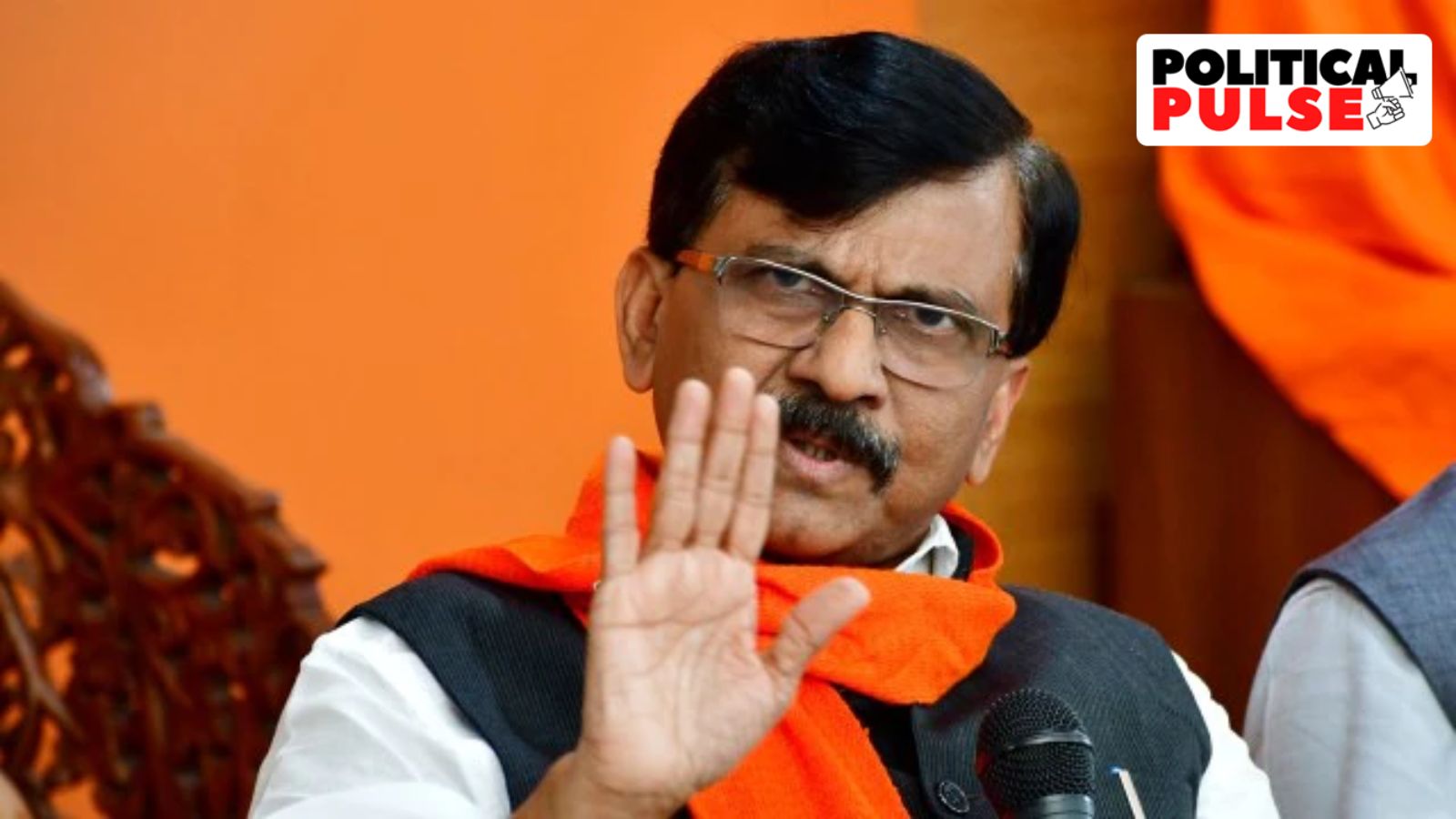 |
|
The Maha Vikas Aghadi (MVA) alliance, comprised of the Congress, Shiv Sena (UBT), and Nationalist Congress Party (NCP), has reached a tentative agreement for the upcoming Maharashtra Assembly elections. While they have settled on a seat-sharing arrangement for 255 out of the 288 seats, with each party securing 85 seats, a contentious 33 seats remain up for grabs. This deal represents a major concession from the Congress, who initially aspired to contest over 100 seats.
The dispute over the remaining seats stems from disagreements regarding key constituencies like Vidarbha and Mumbai. The Congress and Shiv Sena (UBT) are both vying for a larger share of these strategic regions, highlighting the internal power struggles within the alliance. Despite two days of intensive negotiations, no consensus has been reached, suggesting that the remaining 33 seats will be the subject of further intense bargaining.
The agreement, dubbed the “85-85-85 formula,” has significantly boosted the NCP’s position within the MVA. With the party now poised to contest at least 85 seats, Sharad Pawar, the NCP leader, has emerged as a potential contender for the Chief Minister's post should the alliance emerge victorious in the November 20 elections. This shift in power dynamics is a stark contrast to previous expectations, where the NCP was initially anticipated to contest only 75-80 seats.
The Shiv Sena (UBT), however, is keen on securing a “century” of seats, underlining its ambition to play a dominant role in the alliance. While they declared that 99% of the seat-sharing arrangement was finalized, the continued disagreements over the remaining 33 seats suggest that the negotiations are far from over. The alliance’s leaders are expected to meet again to finalize the seat distribution, and the outcome will likely shape the political landscape in Maharashtra leading up to the elections.
